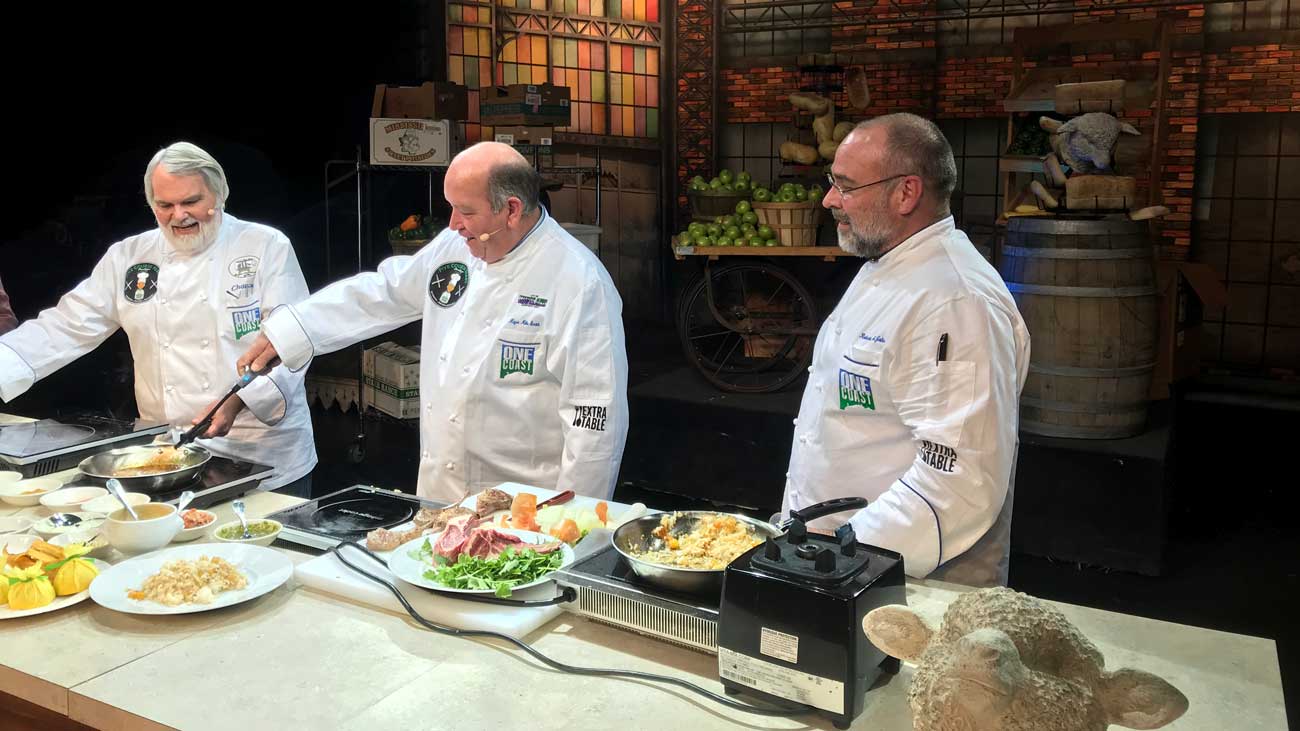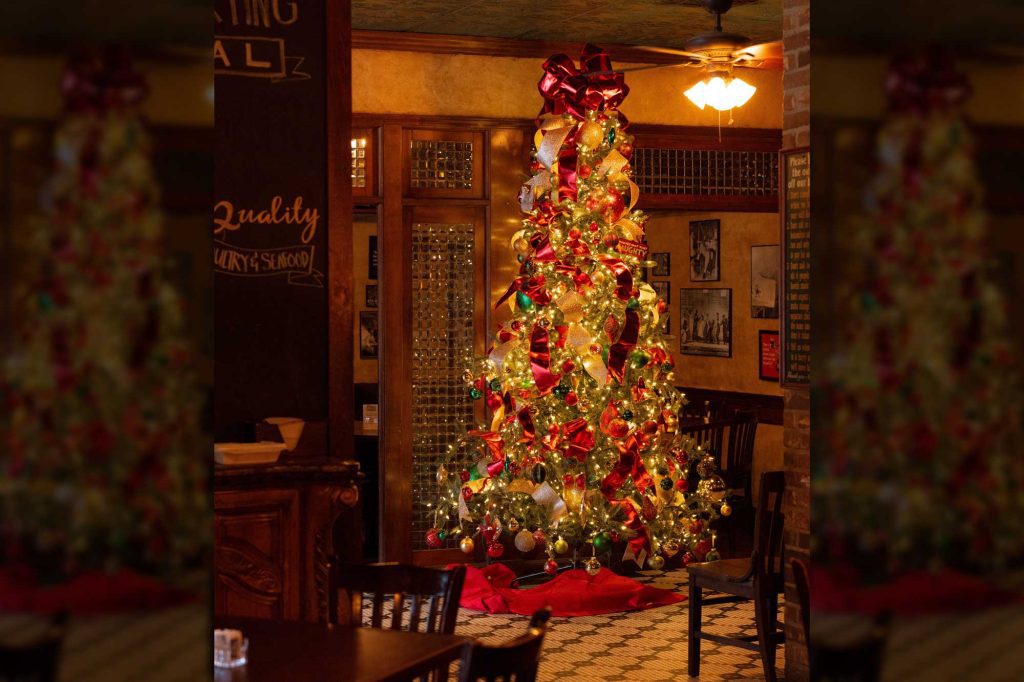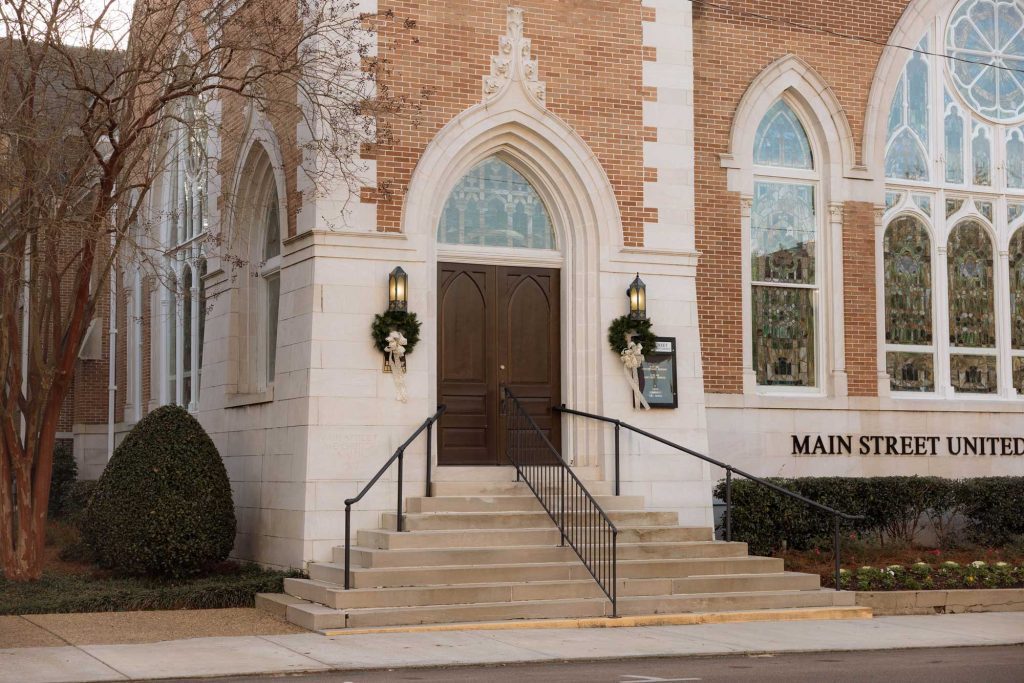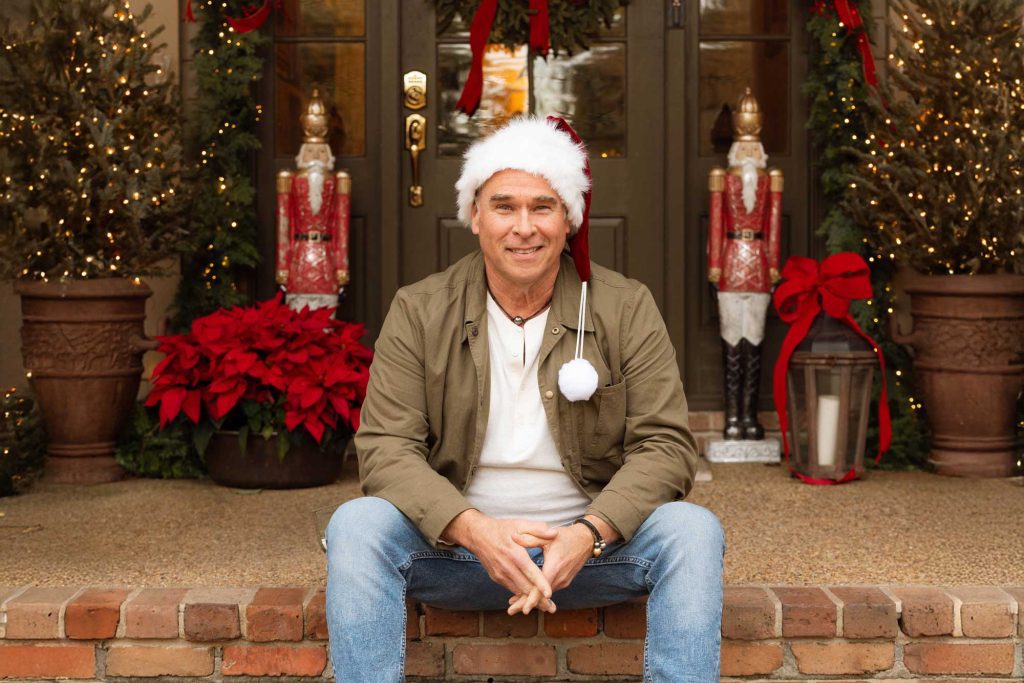BARBARINO VAL D’ELSA, TUSCANY— It is the season of the “new oil.” The Italian landscape is awash in the colors of a Tuscan fall. The leaves that remain on the grapevines are holding on to their final shade of gold before they give way to winter. The new olive oil, like the trees from which they were picked, is a spectacular shade of green that will grow slightly duller with each day.
Today, most of the olives trees have been picked bare and the results of that labor have been taken to the local frantoio (olive-oil pressing facility) to be pressed. The frantoio is in the middle of town and during this time of year is running at full tilt. Trucks line up outside waiting their turn to unload their green and black bounty.
My friend, Enzo Corti, a third-generation olive grower and wine producer, asked me to join him at the Calosi frantoio in Tavarnelle to follow the process of pressing olives into oil. He owns 1,300 olive trees, which is enough to produce 2,200 kilos of olive oil (basically enough to supply his family for the year and a few friends, one of which is— luckily— me).

The typical olive-hauling truck over here carries 1,500 kilos, which, after one hour of an extremely clean and modern pressing procedure will yield 150 liters of extra virgin olive oil. The “new” oil is looked upon with a special reverence. In one of the finer restaurants in Florence last week they brought the new oil (five days old) to the table and added it to a beautiful polenta dish. It was exceptional extra virgin olive oil, though it wasn’t as good as Enzo’s. This is excites me as I am sending several liters back home.
Last year, three Italian women— Annagloria, Barbara, and Esa— were the focus of much of my writing. This year I am impressed by three Italian men: The aforementioned Enzo, Dario, and Fabio.
Dario Cecchini comes from a long line of butchers. His family has run the local butcher shop in Panzano, Chianti for 250 years. Anthony Bourdain, the talented, cynical, New York chef— and the most legitimate television chef in the United States not named Mario Batali— said that Dario Cecchini might be the most talented butcher in the world. After hearing that, I knew I had to meet him.
Dario, and his California-born wife, Kim, operate Antica Macelleria Cecchini, the long-standing butcher shop in Panzano in the Chianti Classico region, just above Greve. Dario’s larger-than-life personality brings them in— he sings, plays loud music, and hosts impromptu dance parties in the streets where the grappa flows freely— but behind the shtick is a legitimate, creative, and brilliant butcher and restaurateur.

Before anyone in America began using offcuts of animals such as top-blade, tri-tip, deckle, belly, blade, shank and cheeks, the Italians and French had been doing it for centuries, and none more brilliantly than Dario. His restaurant operations above and across from the butcher shop are excellent examples of creativity in foodservice and, I suspect, have been used as inspiration several times in American chef’s establishments.
Fabio Picchi is a culinary genius. Period. He opened his first restaurant in Florence when he was 26. Probably around the same time Dario was making use of the entire animal in his butcher shop in the country, Fabio was doing the same at his fine-dining restaurant, a few clicks north in Florence. My meals at Cibreo have been every bit as enjoyable as any I have eaten at The French Laundry, Per Se, or any of America’s top-flight restaurants.
The overall refinement is not quite the same, but it isn’t meant to be. Fabio brought the same principles to dining that Alice Waters did in Berkley, and probably around the same time. Today, his sons, Duccio and Guilio work alongside him in in one of the four concepts that occupy the best-tasting street corner in Florence.
Time moves at a different pace over here, yet as it has happened for 1,000 years, grapes will be picked next September. In 20 years Enzo’s son, Pietro, will press the olives for the new oil, Fabio’s sons will be manning the stoves and running the front of the house, and, as it has been for well over two centuries, another generation of Cecchi will be standing behind the butcher counter cutting meats, posing for photos, singing, dancing, and drinking cheap wine to loud music. Life continues to ease on in Tuscany. Not too many things change. That, along with people such as Enzo, Dario, and Fabio, is what makes this place so magical.




